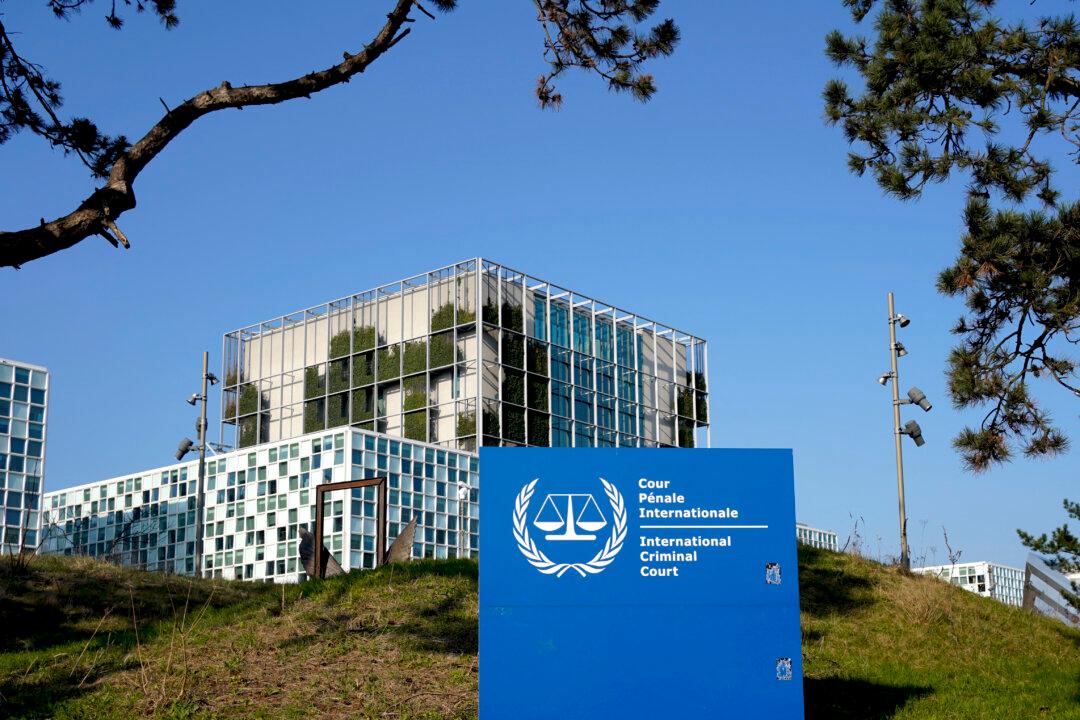President Donald Trump signed an executive order on Feb. 6 to impose visa and financial sanctions on individuals who assist the International Criminal Court (ICC) in investigating the United States and its allies.
“The United States will impose tangible and significant consequences on those responsible for the ICC’s transgressions, some of which may include the blocking of property and assets, as well as the suspension of entry into the United States of ICC officials, employees, and agents, as well as their immediate family members, as their entry into our Nation would be detrimental to the interests of the United States,” the order reads.





